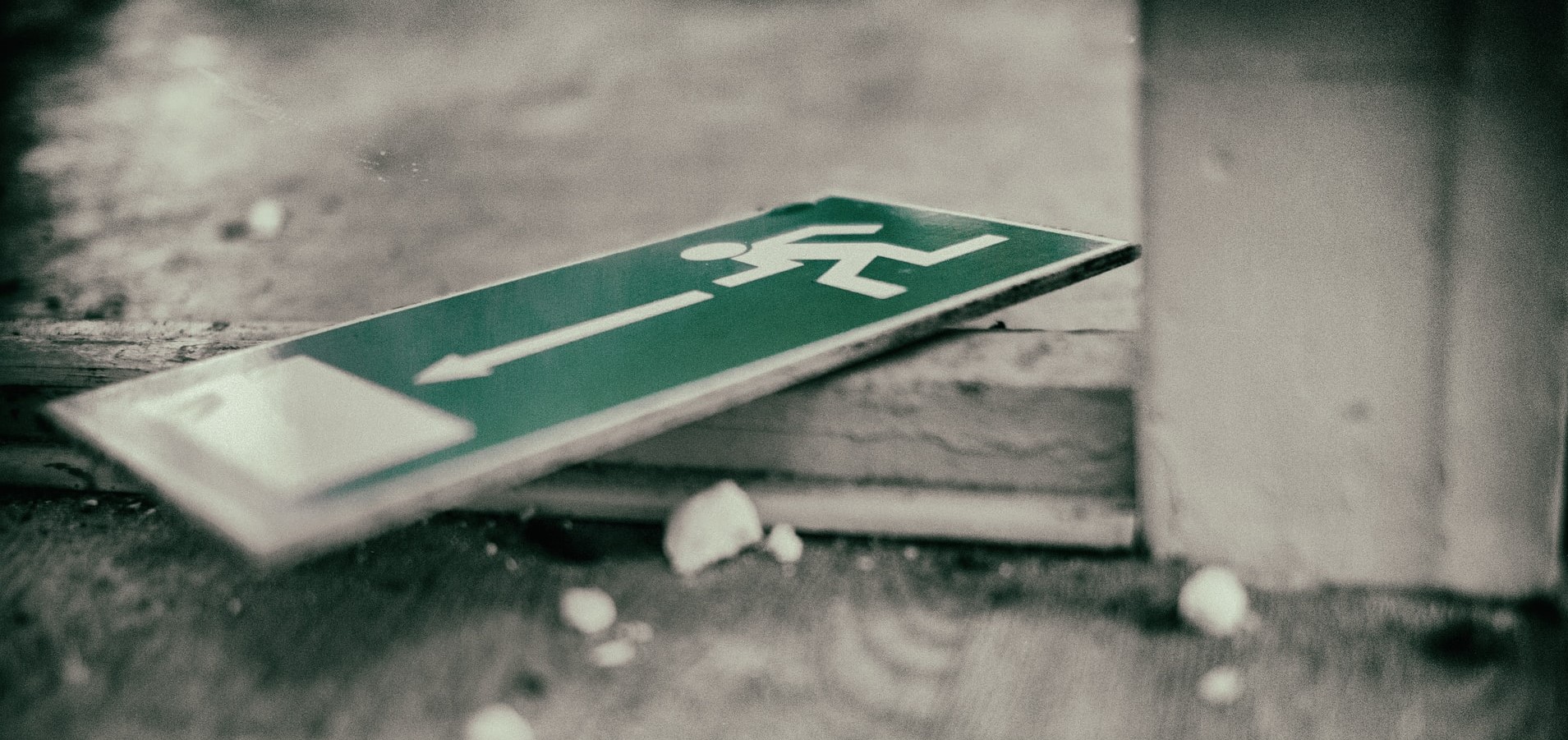In California, a devastating major earthquake is always lurking. Hopefully, the next one will hit in a place where it causes minimal damage.
Worst case scenario, however, is that lives and buildings will be lost.
What do you do if your office is destroyed or your employees are injured? How do you serve your clients during this type of event? Or, perhaps the better question is, how do you prepare your law firm for this type of catastrophic disaster before it happens?
We’ve compiled a checklist of things you can do before and after a natural disaster to make sure your office continues to run as smoothly as possible.
Before an earthquake
Preparing for a natural disaster is one of those things we all know we should do…but it is also one of those things we keep putting off until tomorrow.
Sadly, when it comes to procrastination in this sense, there always comes a day when we’re too late. Here are some of the things you can do today to avoid making an earthquake worse than it needs to be within your firm.
#1: Assemble a disaster team
The truth is that when it comes to preparing for natural disasters, some people are highly motivated and others are not.
That’s alright.
Find the people within your firm who want to be responsible for disaster preparedness. Maybe even offer a small bonus for their extracurricular efforts in this regard.
Then, give those people a list of things to do and let them work their magic.
Obviously, you’ll want these folks to be trusted, long-term employees as you’ll also rely heavily on their knowledge and preparations when the earthquake actually hits.
You may even consider having a select employee or two to take courses in disaster preparedness. For example, this Red Cross course is offered for free.
#2: Build a disaster supplies kit
The federal government offers a free supply-kit checklist that you should provide to your disaster team so they can assemble necessary items.
While most of these lists are geared toward individuals or families, your team should prepare to aid every person within your building. That means that if your office spans multiple floors of a building, for example, each floor should have its own kit.
At the very least, these kits should include:
- Water: the federal government suggests one gallon per person, per day. Consider whether your back-up water cooler supplies will work for this purpose.
- Food: the food items gathered for disaster preparation should be non-perishable and kept away from other food sources (so people don’t mistakenly eat it when they forget their lunch).
- Battery-powered charging stations for cell-phones and battery-powered radios for information. You have to assume all major power supplies will be cut off).
- First-aid kits for each floor.
- Facemasks. We all have these on hand for COVID these days but you may need them to filter out dust in the air if a building or other structure collapses.
- Flashlights and other tools that may be needed for doing things like shutting off utilities.
Encourage anyone who works in your office to keep emergency supplies of essential medications handy, too.
#3: Have disaster preparedness meetings with the whole firm
All the planning in the world won’t help if your employees don’t know that there’s a plan in place.
That’s why it is a good idea to hold periodic meetings alerting your staff to things like: appointed safety officers, emergency exits, communication strategies, and post-earthquake business procedures.
Remember fire drills when you were in grade school? This is kind of the same thing.
#4: Protect your files
These days, most firms have some sort of cloud back-up for firm documents, client files, calendars, and other written resources.
That makes the business-interruption aspect of a natural disaster much less daunting than it used to be.
If you’re one of the minority of firms who does not regularly back up firm files to an off-site server or cloud, now is the time to make that switch. Plus, natural disasters like earthquakes aren’t the only thing that could threaten that data. Backups are a must-have.
After an earthquake
So, the worst has happened. Now what?
After the shaking is over, your first priority will obviously be your family, friends, colleagues, co-workers, and clients. Once you’ve dealt with the human aspect of the tragedy, what comes next?
Here’s what our research suggests:
#1: Assess the damage
Before you can do anything else, you need to understand whether and to what extent your infrastructure is damaged.
Importantly, if the building feels unsafe to explore on any level, get out and let the professionals do the work.
If you can safely maneuver about the building, however, be on the lookout for damage to the structure itself, as well as any damage to computers, office equipment, furniture and the like. To the extent possible, document any of that damage using your cell-phone camera.
Make a list of things that need to be repaired and utilities that aren’t functioning. You’ll need all of this for your insurance company and the contractors you eventually hire to do repairs.
#2: Take care of your employees
Everyone is upset after a natural disaster like an earthquake. That said, this is a time for leaders to step up and lead.
Employees need to be contacted. They need to know what is expected of them. They need to know where they’ll be working. They may need emotional support. They may need time to recover from injuries.
The key here is that employees will understandably need a lot from the firm and leadership needs to be prepared to provide.
#3: Take care of your clients
It goes without saying that you’ll also want to communicate with your clients as soon as possible following the earthquake.
Aside from the compassionate component of those communications, you should be aware that your firm has ethical obligations to your clients during this trying time.
In addition to minding your duty of communication, you want to make sure your firm is acting diligently to protect client interests. For example, have you contacted the courts about impending deadlines?
You’ll also want to ensure that client files that may have been scattered during the earthquake are recovered to the extent possible – otherwise you may risk breaching client confidences.
Entire books could be written on the issue of how to prepare your law firm for an earthquake. If you at least take the steps outlined in this article, your firm will be well on its way to successfully surviving the inevitable.
Author

Jennifer Anderson is the founder of Attorney To Author, where she helps legal professionals bring their book projects to life. She was a California attorney for nearly two decades before becoming a freelance writer, marketing/branding consultant, ghostwriter, and writing coach. Her upcoming book, Breaking Out of Writer's Block, Exercises and inspirations for getting the words out of your head and onto the page, is due out in September 2023.
View all posts





